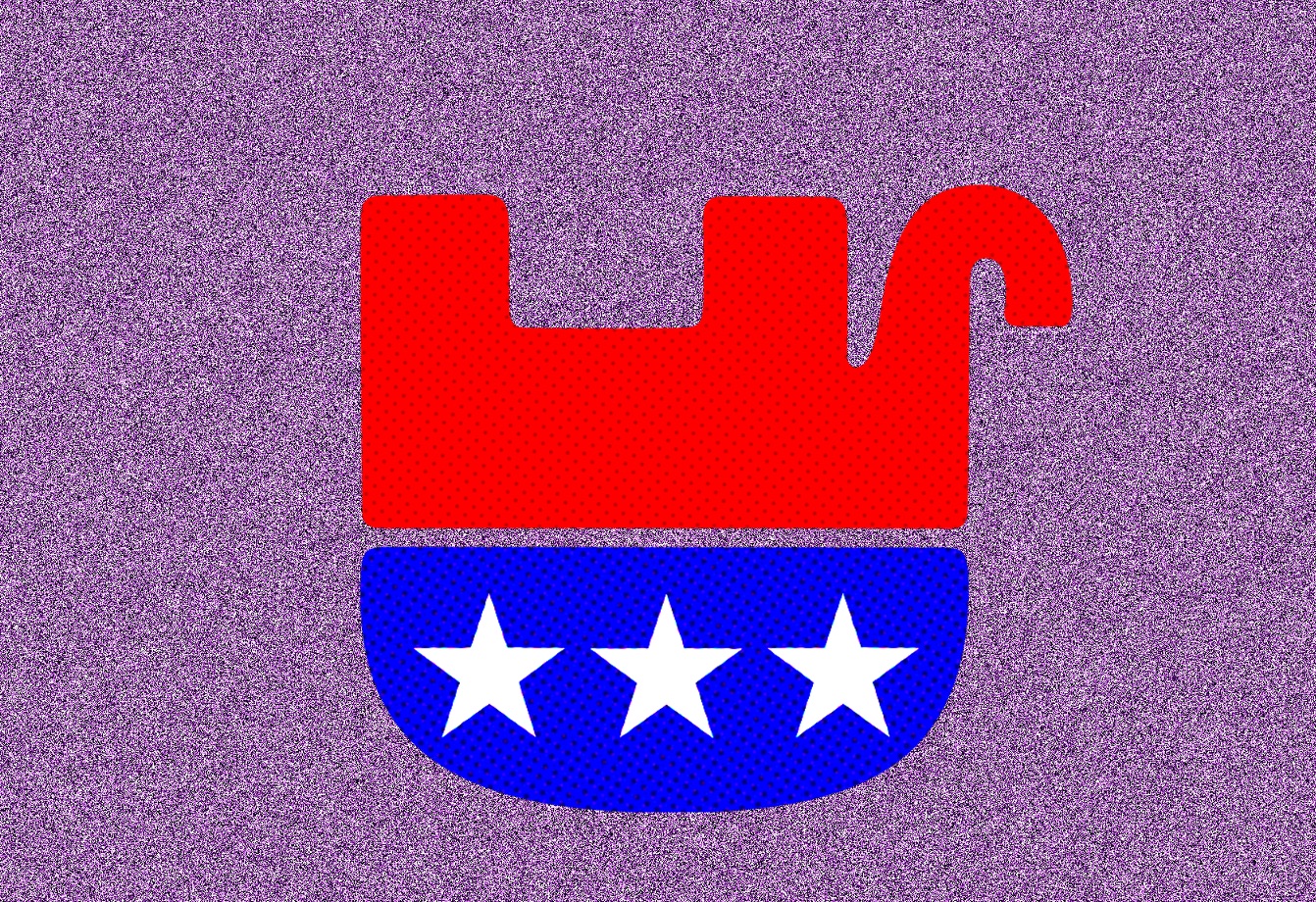After years of anticipation, the 2018 midterms came and went just like any other. Now, all eyes are looking forward to the impending 2020 presidential election. On a superficial level, it will be a referendum on President Trump’s performance in order to determine whether or not he deserves four more years in office.
But the larger implications of the 2020 election will span far beyond who ends up occupying the Oval Office. As is the case in any election, the issue at hand is which party Americans feel should have control of the government. In 2014, the GOP won complete power in Congress. In 2016, they won the White House. But after the results of this year’s midterms, it seems as though the GOP might be losing its grip on the support of both moderates and fervent Trump supporters, both of which are essential to maintain the control that they have fought so hard to obtain.
From a certain perspective, that shouldn’t be surprising. Americans have never really been able to make up their minds regarding which party should be calling the shots. The party in control is the one that takes the blame when things start to go south and ends up doing the most damage control, a fact that made it easy to predict that Democrats’ sweeping victory in the House of Representatives in November. If nothing else, that’s pretty normal.
But at the same time, you can’t ignore the fact that most of the damage control has centered around President Trump, the elected leader of the GOP. As divisive as the political climate is, the one thing that most moderate Republicans and Democrats will probably agree on is that President Trump is skirting by in his position. Time and time again, the GOP establishment has to either defend his controversial actions or water them down to make them seem a little less terrible than they are. It’s all they can really do, but at a certain point, you can only sugarcoat so much before people start to get fed up with it.
In more ways than one, the Republican establishment has found itself in a very difficult situation. If it tries to stage some sort of revolt against Trump and his policies, then it alienates the voters that put the party into their current position of power. But if it continues to turn a blind eye to Trump’s behavior, then it’s going to alienate the moderate voters that could prove to be crucial in 2020. Right now, they’re sticking with the latter, and there’s a chance that it could end up working in their favor. After all, Trump was able to galvanize a group of fed-up and angry voters who are probably more likely to vote than moderates who don’t care as much.
The problem with that strategy for success is that it depends heavily on Democrats nominating a candidate who is as polarizing and despised as Hillary Clinton. The 2016 presidential election was a choice between two of the most unpopular candidates in history, and for a lot of voters, it proved difficult to really identify with either one. Some chose to vote for a third party, while others didn’t vote at all.
If the same situation happens in 2020, then the GOP will go all in on its love for President Trump and probably end up successful again. But if Democrats are able to nominate someone who can be a unifying force between the left and moderate right, then the Republican establishment will fall on its own sword and end up scrambling to maintain the loyalty of its traditional supporters.
Even beyond the public’s frustration with the seemingly constant stream of Trump-related controversy, the GOP is going to struggle to argue that it can be a productive force of policy and legislation. The party had full control over Congress after the 2014 midterms, and it constantly promised that it would be better able to accomplish its agenda if a Republican president were to be elected in 2016. Among other things, they promised to repeal and replace Obamacare and lower taxes on the wealthy. When then-candidate Trump entered the picture in 2015, they generally went along with his promise to build a wall along the U.S. border with Mexico.
But as they reach two years of complete government control under their belt, congressional Republicans have only been able to accomplish a sweeping tax reform. The fight over the Affordable Care Act was particularly brutal, and after they failed to come up with a replacement, they threatened the healthcare of millions with a plan to strictly repeal it. Were it not for the late Senator John McCain’s shocking vote against the repeal, it would have been successful. But instead, it left GOP supporters frustrated that the party didn’t have the cohesive plan that they had touted for years.

Now, establishment Republicans are trying to mitigate the effects of the current government shutdown, which is expected to last into 2019. Trump’s refusal to consider a government funding bill that doesn’t provide money for his border wall is proving to be a difficult situation for the GOP to navigate. If they reject the wall, then they reject Trump and lose his supporters in 2020. If they refuse to compromise, then they take the blame for the shutdown and the image of incompetence that comes with it.
To be clear, the current situation that the GOP has found itself in is not the result of one unconventional president. It’s the culmination of several years of polarization and increasing power of the party’s more radical factions. Before 2016, it was easy for Americans to think that they were such marginal opinions that they wouldn’t really affect anything. But those angry, polarized voters are the ones who called the shots in Trump’s elections, and the GOP has found themselves at the mercy of this relatively small group of individuals.
What will actually end up happening depends on so many factors that it’s impossible to predict right now, but what is certain is that the GOP is walking a thin tightrope that could easily collapse if the winds blow in either direction.

















